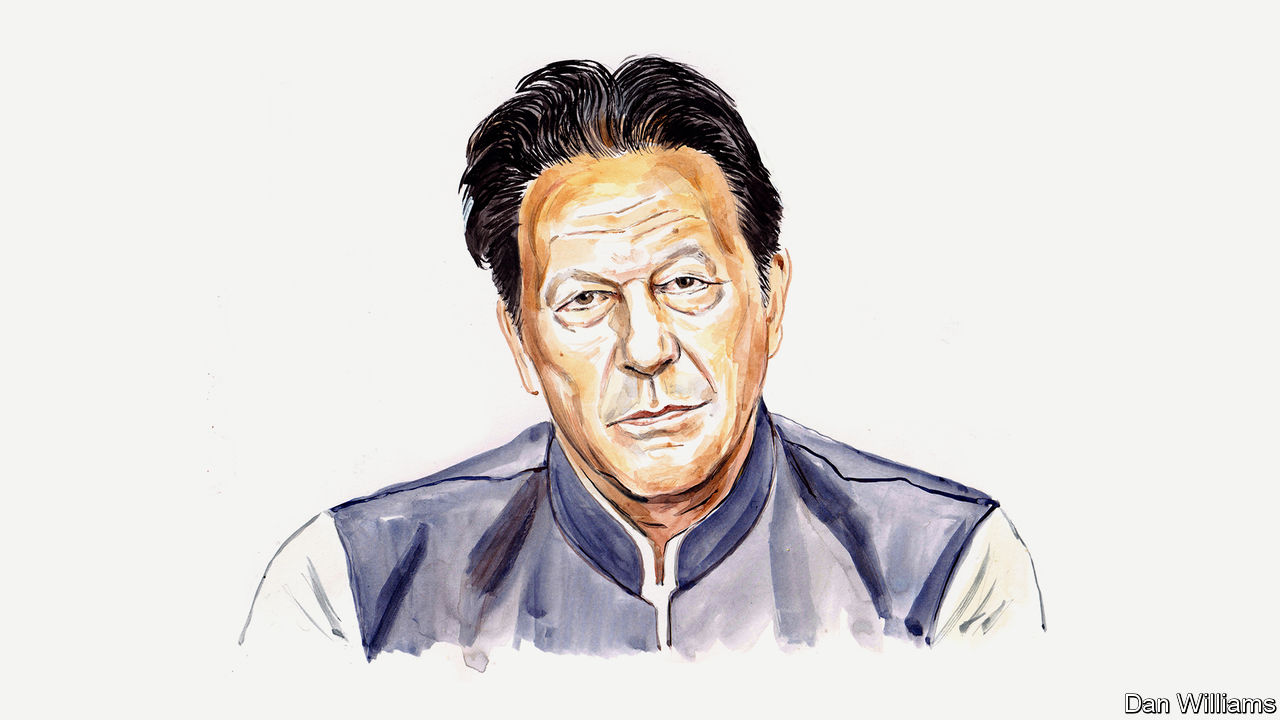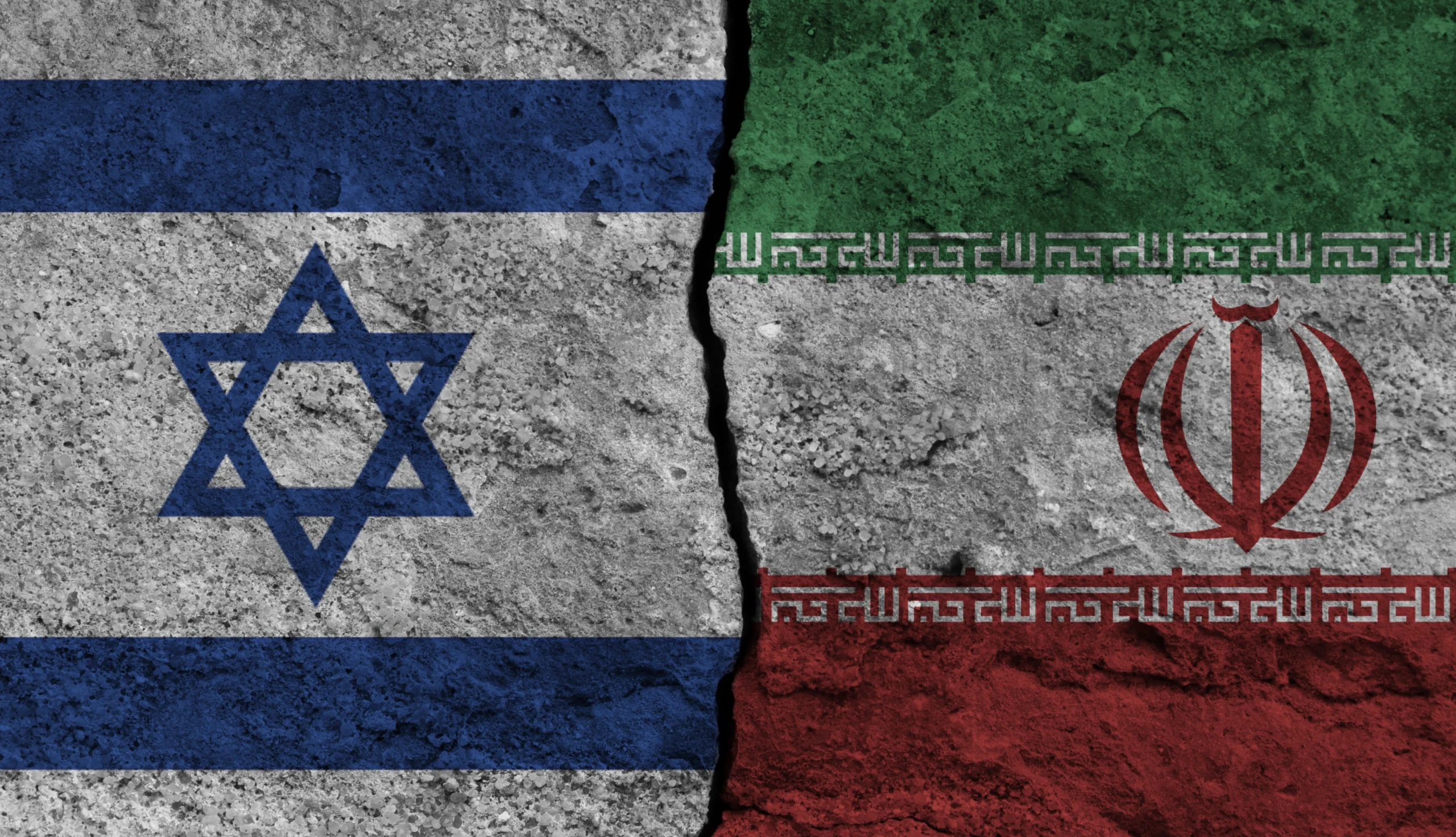Hafeez Ahmed Khan
The publication of an essay attributed to imprisoned Pakistani politician Imran Khan in The Economist has ignited a controversy, prompting a government response and raising questions about journalistic ethics, prisoner access to media, and the current political climate in Pakistan.
Imran’s Doubts and Denials: The essay outlines Imran’s deep skepticism about the upcoming elections, alleging American interference in his ouster and casting doubt on the legitimacy of Pakistan’s electoral process. However, an editor’s note attached acknowledges these claims were disputed by both the Pakistani government and the US State Department. This creates a critical tension – is The Economist amplifying unverified assertions from a convicted individual, or giving voice to silenced dissent, albeit with due caveats?
Government Reprimand: Pakistani Information Minister Solangi’s response criticizes The Economist for publishing an article by a “jailed and convicted” individual, questioning the publication’s ethical standards and demanding clarification on editorial decision-making. Solangi’s argument hinges on the notion that incarcerated individuals shouldn’t have such platforms, potentially restricting public access to their perspectives.
The Ghostwriting Dilemma: While party sources confirm the essay’s content aligns with Imran’s views, they remain unsure about how it reached The Economist from within prison. This raises concerns about potential ghostwriting or unauthorized communication, further muddying the waters of authenticity and ethical boundaries.
Weaponizing the Media?: Solangi’s argument that “jailed convicts…would always use the opportunity to air their one-sided grievances” implies a cynical view of political prisoners utilizing media platforms. This simplifies the complexities of access to information and raises concerns about potential suppression of dissenting voices, even if they come from behind bars.
Contextualizing the Controversy: This incident unfolds against a backdrop of heightened political tensions in Pakistan. Imran’s incarceration, legal troubles, and allegations of unfair targeting add fuel to the fire. The Economist’s decision to publish his essay, regardless of its veracity, injects a powerful voice into the already charged atmosphere.
The Way Forward: Navigating this ethical quandary requires careful consideration. While upholding journalistic principles of diversity and access to information is crucial, ensuring accuracy and responsible reporting becomes paramount when dealing with unverified claims, especially from incarcerated individuals. Striking this balance necessitates transparency from both media outlets and authorities, ensuring open communication without compromising journalistic integrity or public safety.
The publication of Imran Khan’s essay and the government’s response highlight a complex interplay of politics, imprisonment, and media ethics. Moving forward, navigating this sensitive terrain requires transparency, responsibility, and a commitment to both freedom of expression and the pursuit of truth.
Critical Evaluation:
The publication of Imran Khan’s essay in The Economist has plunged Pakistan’s political landscape into a murky pool of accusations, doubts, and ethical dilemmas. This critical evaluation delves deeper into the controversy, examining its various facets and potential consequences.
Imran’s Labyrinth of Claims: The essay weaves a narrative of skepticism, questioning the upcoming elections and alleging foreign interference in his ouster. While these claims deserve examination, the editor’s note highlighting their disputed nature casts a shadow of doubt. The Economist’s decision to amplify unverified accusations from a convicted individual raises questions about journalistic integrity and the potential for amplifying political agendas.
Government’s Counteroffensive: The Information Minister’s response, while voicing concerns about ethical standards, stumbles into a potentially problematic territory – restricting prisoner access to media platforms. While upholding accuracy and responsible journalism is crucial, silencing dissent, even from behind bars, sets a dangerous precedent. Is this a genuine attempt to uphold journalistic ethics, or a veiled attempt to suppress critical voices?
The Ghostwriting Enigma: The essay’s provenance remains shrouded in ambiguity. While party sources confirm its content aligns with Imran’s views, the uncertainty surrounding its transmission from prison raises concerns about ghostwriting or unauthorized communication. This lack of transparency further muddies the waters of authenticity, making it difficult to discern genuine dissent from manipulated narratives.
Weaponizing the Media Narrative: The government’s argument that “jailed convicts…would always use the opportunity to air their one-sided grievances” paints a cynical picture of political prisoners weaponizing media platforms. This not only simplifies the complexities of access to information but also risks suppressing legitimate dissent under the guise of preventing biased narratives.
Political Tensions as the Backdrop: This controversy unfolds against a backdrop of volatile political tensions in Pakistan. Imran’s incarceration, legal battles, and accusations of unfair targeting add fuel to the fire. The Economist’s decision to publish his essay, regardless of its veracity, injects a powerful voice into this already charged atmosphere, potentially exacerbating existing divisions.
Charting a Navigable Course: Moving forward requires a nuanced approach. Upholding journalistic principles of diversity and access to information while ensuring accuracy and responsible reporting becomes crucial. Verification and transparency are paramount when dealing with unverified claims, especially from incarcerated individuals. Open communication between media outlets and authorities, without compromising journalistic integrity or public safety, is key to navigating this sensitive terrain.
The Khan essay and government response present a complex tapestry of political intrigue, ethical dilemmas, and media scrutiny. Navigating this murky tale requires a commitment to transparency, responsibility, and a critical lens towards both the claims and the reactions. Only then can we discern truth from manipulation, ensuring that dissent is heard without undermining journalistic integrity or fueling political tensions.
Then, critics and majority of the people in Pakistan consider that neither Imran Khan nor his party is receiving a level-playing field for contesting elections. Therefore, according to many surveys including that of Republic Policy, it is an established opinion now that Imran Khan and his party are the most popular and potent force in Pakistan and therefore, so many dissenting voices are not ready to provide transparent electioneering to Imran Khan or his party. Last, his narrative irrespective of the health of it, is selling like a hot cake among Pakistani nation.
Please, subscribe to the YouTube channel of republicpolicy.com
















